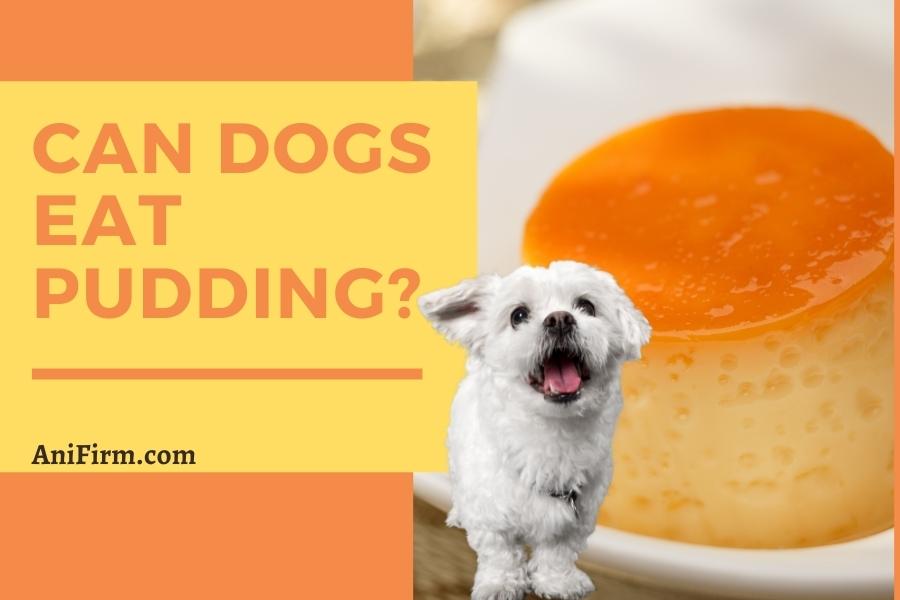Pudding is among the best desserts one can have after the main course, and the flavor is so soothing that it feels like the meal is complete. Pudding is something that dogs, like humans, enjoy. Some canine owners are in confusion about the quantity they can give to dogs or whether they can eat pudding or not.
Do know that pudding is a safe option for dogs, but in moderation only. You can consider it an occasional treat for your dog. The high amounts are not advisable due to the presence of sugar and other ingredients like xylitol, chocolate, and so on. For better understanding, here we are discussing pudding for dogs and its benefits/consequences to decide whether you wish to feed your dog with it. Let’s get started!
Can dogs eat pudding?
Pudding is a safe option for dogs occasionally. Because of the high sugar content, it is not recommended to regularly feed dogs large amounts of pudding. If it’s been a long time since you fed your dog something good, pudding might be a good option to try.
Also, it is a rich source of certain vitamins, proteins, and minerals, so yes, its consumption will not cause a nutritional deficiency in dogs.
Can dogs have chocolate pudding?
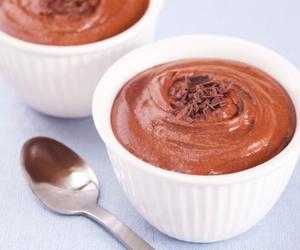
Chocolate pudding is not safe for dogs because chocolate is toxic to them, and some other ingredients are also used in it.
Ingredients in the chocolate pudding that make it unsafe for dogs are:
The ingredients in the chocolate pudding that make it an unsafe option for dogs are as follows:
Chocolate
Chocolate is toxic to dogs. Undoubtedly, for preparing pudding, chocolate is a primary ingredient. It is toxic due to the presence of a harmful compound known as theobromine, and it is known to cause significant illness in dogs.
Xylitol
Xylitol is an artificial sweetener used to prepare pudding, which is used with or without sugar to give it a sweet taste. It is highly toxic to dogs, so do not let your dog have pudding if it has xylitol in it.
Preservative
If you are purchasing pudding for the market, do know that some additional preservatives are also added to the same. The additional preservatives make it unsafe for dogs.
Additives
Lastly, there are some additives added to give a different flavor to pudding that is not safe for dogs. Along with preservatives, these additives are added.
Note: The ingredients used in preparing pudding are safe for dogs in moderation. However, if you intend to feed your dog a full bowl of pudding, you are putting them in danger.
Also, some puddings are prepared without chocolate and xylitol, like banana pudding. As a result, you should be aware that there is no hard and fast rule stating that you cannot feed a dog pudding.
Is it safe to give a dog pudding on a regular basis?
Feeding pudding regularly to dogs is not acceptable because it has high sugar content and is high in calories, making your dog obese and making them face other health conditions like diabetes, pancreatitis, and so on. Thus, only feed them with it in moderation and occasionally only.
Dogs face health issues if they have pudding regularly. These are:-
- Obesity
- Hypertension
- Diabetes
- Pancreatitis
- Skin allergies
- Gastric issues
Is it safe to feed a dog pudding made with artificial sweeteners?
Well, if you are thinking of preparing sugar-free pudding for dogs and adding artificial sweeteners to it, we suggest you not choose it for them. Artificial sweeteners have some other ingredients that are toxic to dogs and, in some cases, are responsible for causing allergies as well.
Can dogs have rice pudding?
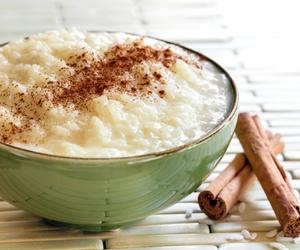
In moderation, rice pudding is a safe option for dogs. However, if your dog has a bladder stone, do not feed it to them. Rice has arsenic in it, which is known to cause bladder stones, and if a dog already has one, the same stone will keep on increasing.
Is it safe to feed your dog homemade pudding?
Homemade pudding is safe for dogs until and unless you are preparing it without the harmful ingredients. Also, be sure not to add a very high amount of sugar to it because this can lead to some gastric issues.
Can dogs eat vanilla pudding?

Vanilla pudding is the ultimate treat for your dog. It contains glucose, which is required for your dog’s bodily functions. Also, the fat content is low in it, so yes, considering it as an occasional treat is one of the best options for your dog.
Can dogs eat banana pudding?
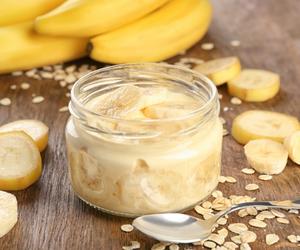
Banana pudding is safe for dogs, and it has a good content of sodium in it, which is important for the bodily functions of a pet. Potassium consumption is known to increase the cardiovascular functioning of a dog’s pet.
What are the alternatives to pudding?
Apart from pudding, there are different kinds of dog food available on the market that are safe for them. You can simply check out the dog foods available and get the one liked by your dog. If you are looking forward to introducing something new to your dog, be sure to monitor them because some dogs have a sensitive digestive system, due to which they can’t tolerate the effects of the particular food.
Can dogs eat Tapioca pudding?
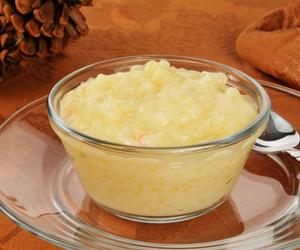
Tapioca pudding is not safe for dogs in high quantities, but in moderation, it will not cause any harm to your dog. But do know that tapioca contains glucose and sucrose, potentially harmful in high quantities, and the consumption of these sugars causes diabetes and obesity.
Should Dogs Eat White Pudding?
White pudding is prepared with flour and white milk, and both these ingredients are safe for dogs in moderation. Thus, white pudding is a safe option for dogs.
Can dogs eat Raspberry pudding?

Raspberry pudding is a good source of Vitamin C and is an essential ingredient in your dog’s diet. Vitamin C consumption is known to improve your dog’s body’s cardiovascular functioning and keep them hydrated. But keep it in moderation due to sugar content and preservatives.
The takeaway from all this
Pudding is a safe option for dogs in moderation. But do not go for chocolate pudding because chocolate is toxic, so do not feed him with it. Also, there are some other dog foods available on the market that you can choose for your dog that are entirely safe too.
If you notice any sudden changes in their behavior or if they have a health problem, take them to the vet right away.
